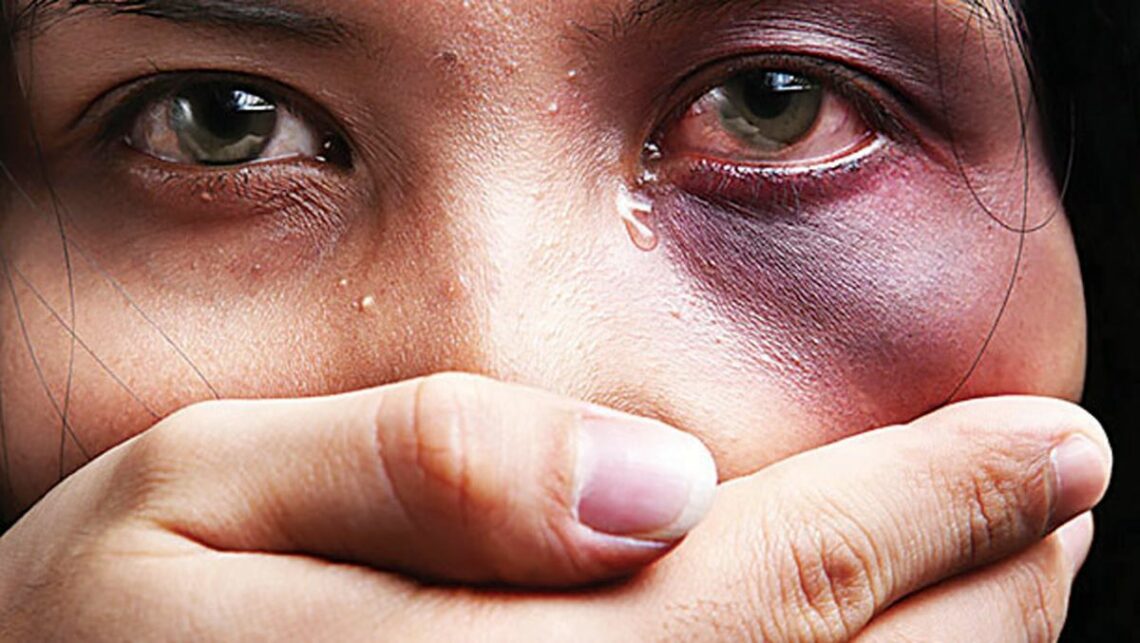The International Day for the Elimination of Violence against Women, observed each year on November 25, highlights a persistent global issue that reverberates through societies and economies alike: the prevalence of violence against women. In Nigeria, where gender-based violence is alarmingly widespread, the social and economic toll is immense. Addressing this crisis is not only a matter of justice and human rights but also an economic imperative that, if neglected, will continue to hinder Nigeria’s path to sustainable economic growth.
Violence against women inflicts devastating economic consequences on a national scale. Globally, it is estimated that economies lose trillions of dollars annually due to the effects of violence against women, and Nigeria is no exception. Nigerian women, who make up nearly half the population, often bear the brunt of physical, emotional, and economic abuse. This abuse restricts their ability to contribute meaningfully to the economy, as women who experience violence are more likely to suffer from physical and mental health issues, which, in turn, lead to increased healthcare costs, reduced productivity, and, in many cases, an inability to work. When women are absent from the workforce or unable to perform at their full potential, the country loses valuable contributions in various sectors, from agriculture to industry and services, thereby diminishing the overall productivity of the Nigerian economy.
Economic disempowerment is both a cause and a consequence of violence against women. In Nigeria, where many women already face significant structural barriers to economic participation, such as limited access to credit and property rights, violence compounds the challenges they encounter. Economic dependency on abusive partners can prevent women from escaping violent situations and make it harder for them to access support services or even pursue justice. Many women are unable to make independent economic decisions, which perpetuates the cycle of abuse and poverty. For Nigeria to make progress, addressing these structural economic barriers is essential. Empowering women by providing greater access to finance, education, and employment opportunities is crucial to breaking this cycle and supporting both individual well-being and national economic resilience.
Despite some legislative progress, Nigeria’s efforts to address violence against women remain inconsistent. The Violence Against Persons Prohibition (VAPP) Act, enacted in 2015, was a significant step forward, criminalising various forms of gender-based violence. However, the law has not been fully implemented nationwide, with only some states adopting it. Without consistent enforcement, the protection that laws like the VAPP Act should provide is weakened, and women continue to face threats to their safety and well-being. Lack of funding for support services, such as shelters, legal aid, and counseling for survivors, exacerbates this problem. When victims do not have access to support systems, they are more likely to remain trapped in abusive situations, which, in turn, affects their productivity and economic potential. Adequate funding, consistent implementation, and transparency in enforcement are essential to protect women and empower them to become full participants in the economy.
Addressing violence against women in Nigeria requires more than government action; businesses, civil society, and communities each play a critical role. Nigerian businesses can make meaningful changes by establishing policies that prevent harassment, protect women from violence, and promote gender equality. Employers who support women in the workplace and offer resources for victims of violence contribute to a safer, more inclusive economy that benefits all. Civil society organisations, meanwhile, can raise awareness, provide resources, and advocate for stronger policies that protect women. Community leaders can also help shift social norms that perpetuate violence, encouraging a culture of respect and equality that benefits the entire society.
Ending violence against women in Nigeria is not merely a social issue; it is a powerful driver of economic growth. When women are safe, healthy, and empowered, they contribute to stronger families, resilient communities, and a more robust national economy. For Nigeria, eliminating gender-based violence means unlocking the full potential of its female population—an essential factor in achieving sustainable development. As the country faces economic challenges, committing to the safety and empowerment of women is a crucial step toward realising its economic goals.
This International Day for the Elimination of Violence against Women is an opportunity for Nigeria to reaffirm this commitment, recognizing that when women are free from violence, the entire nation stands to gain.





